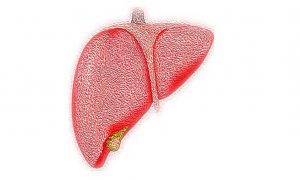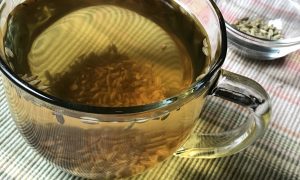It is high time that we consciously make better eating choices and maintain our health, especially when it comes to our heart
AGlobal Burden of Disease study states that the cardiovascular disease (CVD) death rate in India is 272 per 1 lakh people which is significantly higher than the global average of 235. According to the World Health Organization (WHO), India accounts for one-fifth of all non-communicable diseases (NCD)-related deaths worldwide and most of these deaths are from the younger population. With such bleak numbers, it is high time that we consciously make better eating choices and maintain our health, especially when it comes to our heart.
Besides exercising, our diet also makes a significant contribution to our health. Let us take a look at some of the ways your diet can be more healthy for your heart.
According to Heart.com, our diet should consist of foods low in saturated fat, trans fat, and sodium. Reducing your blood cholesterol and lowering your risk of coronary artery disease should be the top concern when it comes to following a healthy heart diet. Mayo Clinic reports that high blood cholesterol level can lead to a buildup of plaques in the arteries, called atherosclerosis, which can increase the risk of heart attack and stroke.
A good source of fibre and other nutrients are whole grains that play a crucial role in regulating blood pressure and heart health. For a heart-healthy diet, increase the amount of whole grains by making substitutions for refined grain products. Try new whole grains that are locally available such as Ragi, Jowar, Makki or Bajra.
Eat plenty of fruits and vegetables, fish with preferably oily fish at least twice per week. Include nuts, legumes and seeds and try eating some meals without meat. According to the Mayo Clinic, vegetables and fruits are good sources of vitamins, minerals and are also low in calories and rich in dietary fibre. Like other plants or plant-based items, fruits and vegetables contain minerals and nutrients that may help prevent cardiovascular disease.
Select lower fat dairy products and poultry. Avoid eating red meat, and if you choose to eat meat, select the leanest cuts available.
Limit sugar-sweetened beverages. Avoid sugar, especially white sugar as much as you can.





































